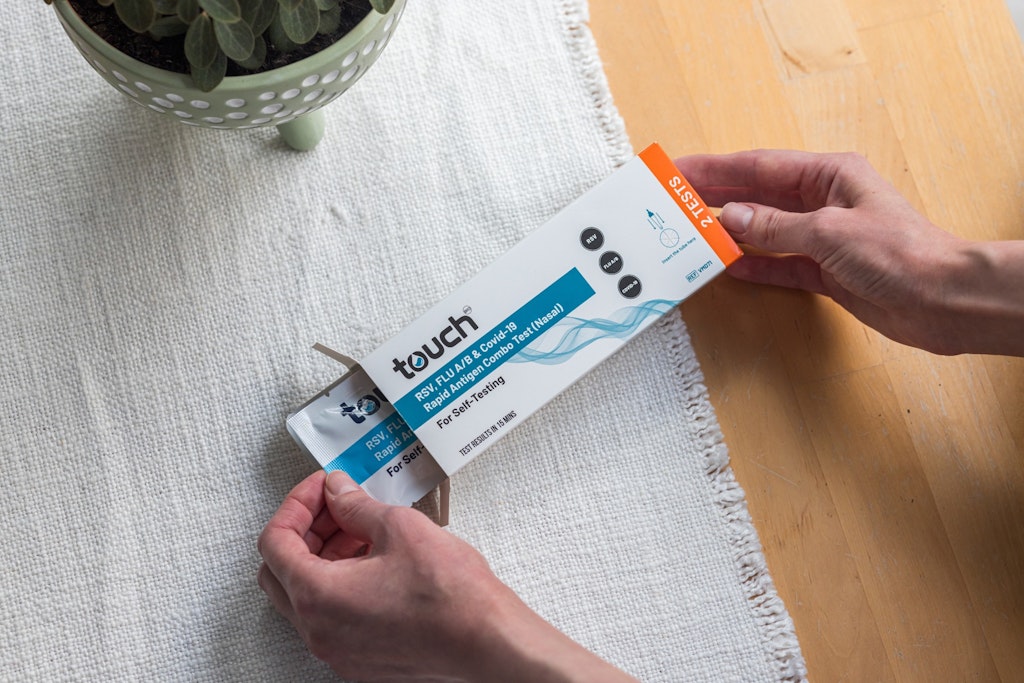Protecting older people from RSV Outbreaks
Last updated on 14 August 2023

SPONSORED – While Flu and COVID-19 have dominated headlines, another infectious disease has been quietly posing a significant threat, especially to vulnerable people living in aged care facilities.
What is RSV?
Respiratory syncytial virus (RSV) is a common virus that affects the respiratory tract and can lead to severe symptoms and hospitalisation, particularly in older people over 65.
RSV follows a similar timeline as the flu, usually peaking in the fall and winter months when people tend to spend more time indoors. However, in recent years, RSV has also made an unexpected appearance in early summer, leaving the medical community puzzled and raising concerns for aged care facilities.
How does RSV spread?
The transmission of RSV is similar to other respiratory viruses. It spreads through contact with infected individuals, particularly when they cough or sneeze, releasing a tiny virus particles into the air that can enter the body through the mouth, nose, or eyes. Moreover, RSV can survive on hard surfaces for hours, making it possible to contract the virus by touching contaminated objects.
Why is RSV a problem at aged care facilities?
RSV is highly contagious, especially during the time when an infected person is showing symptoms. In aged care facilities, this means it can spread quickly among residents, staff, and visitors, leading to an outbreak. Such outbreaks can be detrimental to the health and well-being of residents as well as their families and staff.
Does early detection matter?
Since the COVID-19 pandemic, many people have become familiar with the use of Rapid Antigen Tests (RAT).
Early detection of RSV cases can help prevent its spread and allow for the implementation of appropriate measures to protect residents.
One recent development in early detection is the Touch Bio triple RAT, which can conveniently RSV, flu A/B, and COVID-19 with very high sensitivity ( >98%).
These tests provide results within just 15 minutes, enabling prompt isolation of affected residents and appropriate actions to curb the spread of the virus within the facility.
How can we prevent outbreaks?
By adopting a multifaceted approach that emphasises early detection, education, and infection control, aged care providers can effectively protect their residents from RSV outbreaks. Protecting older people from this lesser-known but dangerous RSV virus should be a priority, we can create a safer environment within aged care facilities and reduce the impact of RSV on the health and well-being of your residents.
For more information about Touch Biotechnics’ new RAT, visit their website.